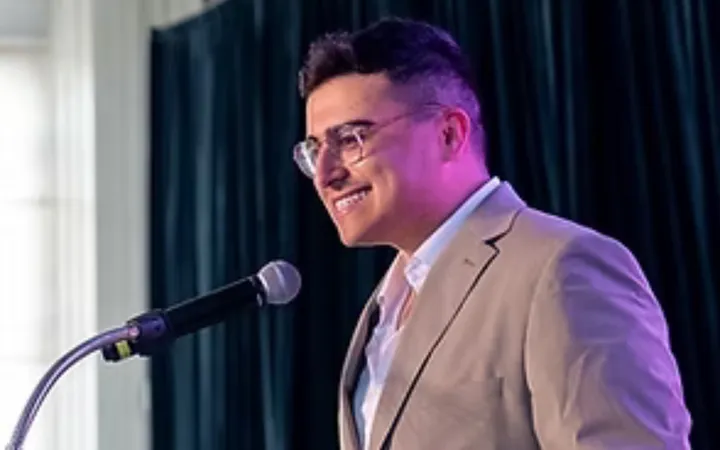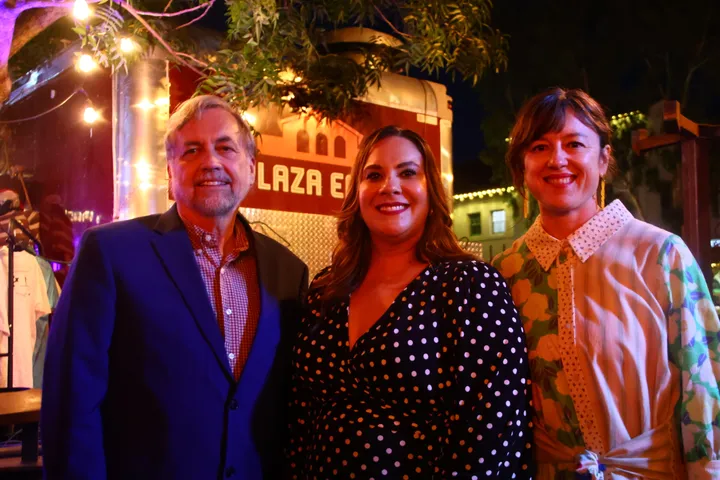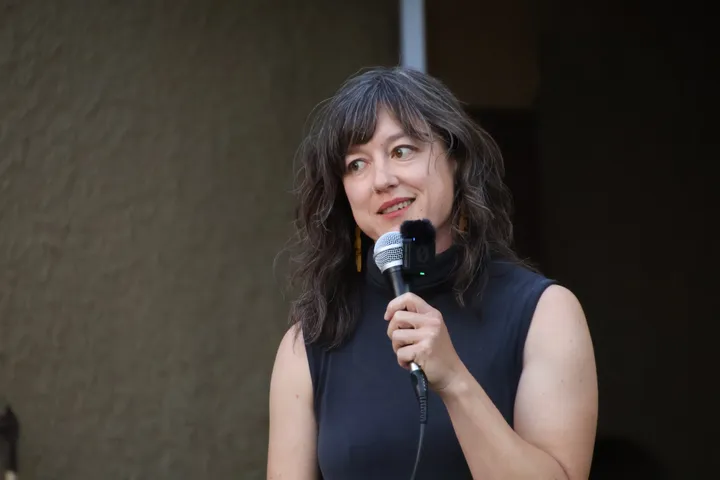Tucsonan Samantha Severson enters CD6 race
Tucson native Samantha Severson is running for Arizona’s 6th Congressional District, aiming to bring a working-class perspective to Washington and challenge incumbent Rep. Juan Ciscomani.
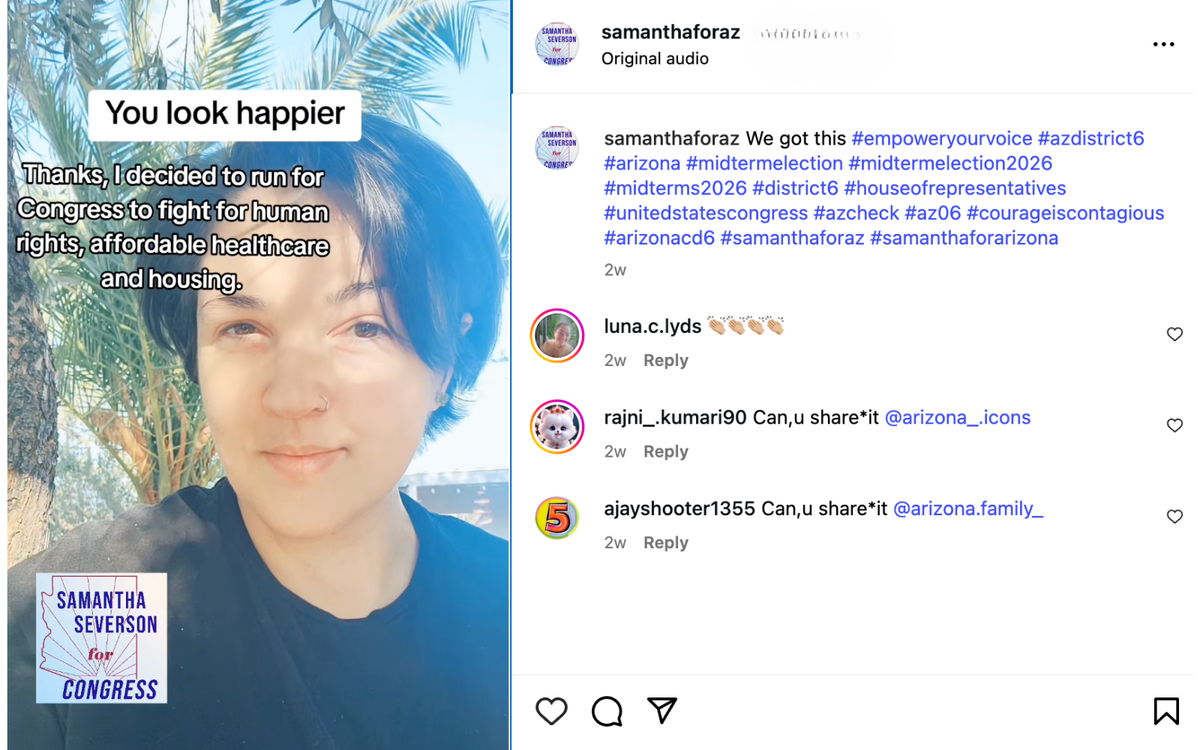
After years of watching politics from the sidelines, Tucson native Samantha Severson is stepping up, hoping to bring a regular person’s voice to Congress.
“When (the 2016 election) happened and Donald Trump was announced as the president-elect, I realized that there were a lot of people in the establishment that were surprised,” Severson told Tucson Spotlight. “I also realized that there were a lot of people who shouldn't be running for office. That's when I started thinking about running.”
The child of two Tucson Unified School District teachers, Severson is an alum of Saguaro High School and Pima Community College, later earning her degree in psychology from Southern New Hampshire University.
Severson, who works at Pima Community College, said that by volunteering in her spare time, she deepened her connection to the community, further strengthening her desire to serve it.
“I had a lot of self-doubt (campaigning),” Severson said. “I went back and forth, thinking nobody's going to want to vote for me. I'm just a regular person. And then this year, I saw the opportunity (come up) again.”
Severson’s initial plan was to run in the special election for Arizona’s 7th Congressional District as a Democrat, but she didn’t receive enough signatures to make it onto the ballot.
She was not deterred.
“I decided to look at the midterms,” she said. “That's when it all came into being for me.”

Severson relocated and is now gathering signatures to qualify for the ballot in Arizona’s 6th Congressional District, the seat held by Rep. Juan Ciscomani since 2023.
Severson has firsthand experience with the struggles and challenges Tucsonans face, particularly the frustration of feeling disconnected from a political system that adds obstacles between constituents and their representatives.
“Representatives are not supposed to be just in Washington, they have to be in their constituencies, they have to be talking to their communities, because otherwise they don't know what the people they're representing actually need,” Severson said.
Some of Ciscomani’s constituents have been critical of his inconsistent presence at town halls, both in and outside of Tucson.
Severson has already made headway in communicating with potential constituents by visiting rural towns, including Safford, and speaking one-on-one with residents about issues they care about most, such as affordable housing and immigration reform.
“I want to plan regular town halls during the campaign, and if I were elected into office, so that I can really continue to communicate with people,” Severson said. “These are the people that I want to represent.”
While Severson stressed the importance of direct communication with voters, she also pointed to another challenge facing politics: the influence of big money.
A 2010 decision by the U.S. Supreme Court allows corporations, unions and other groups outside political campaigns to spend unlimited amounts of money on them, as long as they do not directly coordinate with candidates or political parties.
“There's so much money involved in politics that politicians are easily swayed by wealthy individuals who don't actually care about our communities,” Severson said. “If we can end Citizens United, get money out of politics altogether, and corporate stock trading for congressional members and gifting from lobbyists, I think that that is the first way to actually get the fraud and abuse that everybody talks about out of Washington.”
Alongside her push for government accountability, Severson has also voiced concerns about voting rights.
The SAVE Act is a federal bill that would amend the National Voter Registration Act to require in-person proof of U.S. citizenship when registering or updating voter registration for federal elections — a measure Ciscomani voted in favor of.
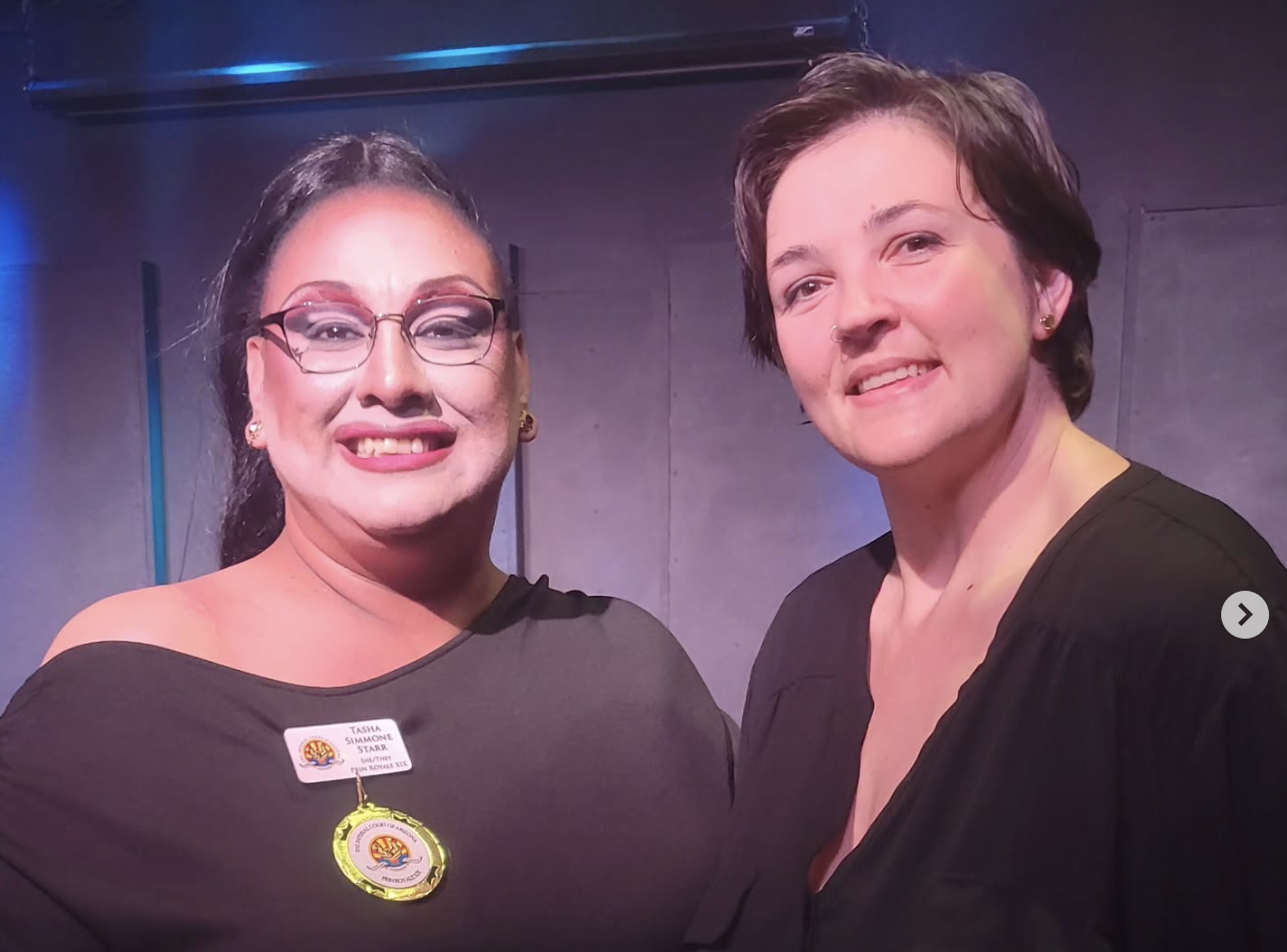
Critics of the SAVE Act claim it would not only disenfranchise constituents who are in the middle of the process of name changes and have no access to acceptable proof of citizenship, but also upend the voter registration system, making it more difficult for people to ensure their vote is cast.
“There are regulations already in place to limit the chance of voter fraud, regulations that have been successful in every election in our nation’s history,” Severson said.
Turning her focus to local issues, Severson aims to address education, energy and health care. As a product of public education, she calls for state education reform, citing concerns over school funding.
“Arizona is 50th in education (funding),” she said. “I believe that it's all due to the voucher system.”
Arizona's school voucher system, formally known as the Empowerment Scholarship Account program, allows families of K-12 students to receive public funds for private school tuition and homeschooling expenses.
As of this year, 89,000 students are enrolled in the program, while $440 million in funding sits in ESA accounts, drawing concerns about equity and lack of oversight from critics.
“I understand the want and the need for school choice, but I also believe that a voucher system disproportionately benefits people with means over people who need education and need the public school system,” Severson said.
A Northwestern University study found that across several school finance reforms, increased public school spending boosted high school completion rates, college enrollment and career earnings.
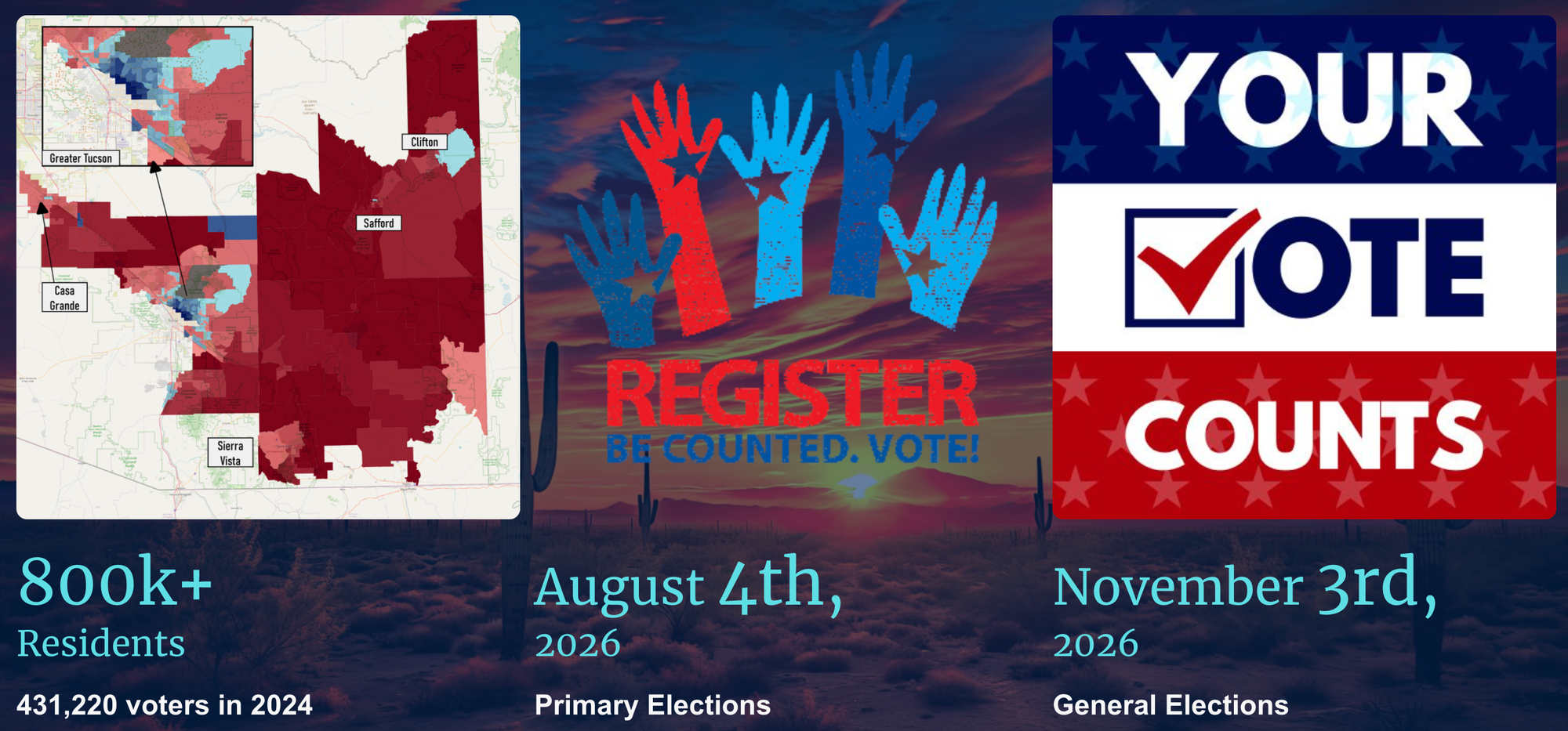
Arizona currently spends about $10,000 per student — $5,000 less than the national average — ranking the state in the bottom third for school funding.
“I believe that (school) has to be affordable and accessible for everyone, because education is the way to move towards a better future for everyone,” Severson said.
As an advocate for environmental justice, Severson aims to strengthen Arizona’s energy infrastructure by promoting greater use of renewable energy sources while also recognizing the role of coal in the state’s power grid.
“Especially in Arizona, we could have amazing solar farms that could run our power grid throughout the state,” she said. “I understand that coal and fossil fuels and all of these other industries have built up our infrastructure, and they can continue to build the infrastructure so that we can move to renewable energy.”
The country’s health care system is another key area where Severson sees opportunities for reform.
The passage of the so-called Big Beautiful Bill includes cuts to Medicaid that, impact at least 300,000 Arizonans who rely on those programs for health care.
“I've always believed that health care is a human right,” Severson said. “There have been a few times in my life where I've either gone into debt because of medical issues or I've had to ask for support from other people.”
While Severson said she’s grateful and lucky to have had people in her life who could help, she knows not everybody does and advocates for the creation of a Medicare-for-all system.
“There's no reason that people should be paying monthly for health insurance that then can just turn around and deny their claims when they actually need to utilize it,” she said. “The way to get away from that is for the government to actually regulate instead of it being a private business.”
Topacio “Topaz” Servellon is a freelance journalist based in Tucson. Contact them at topacioserve@gmail.com.
Tucson Spotlight is a community-based newsroom that provides paid opportunities for students and rising journalists in Southern Arizona. Please consider supporting our work with a tax-deductible donation.

